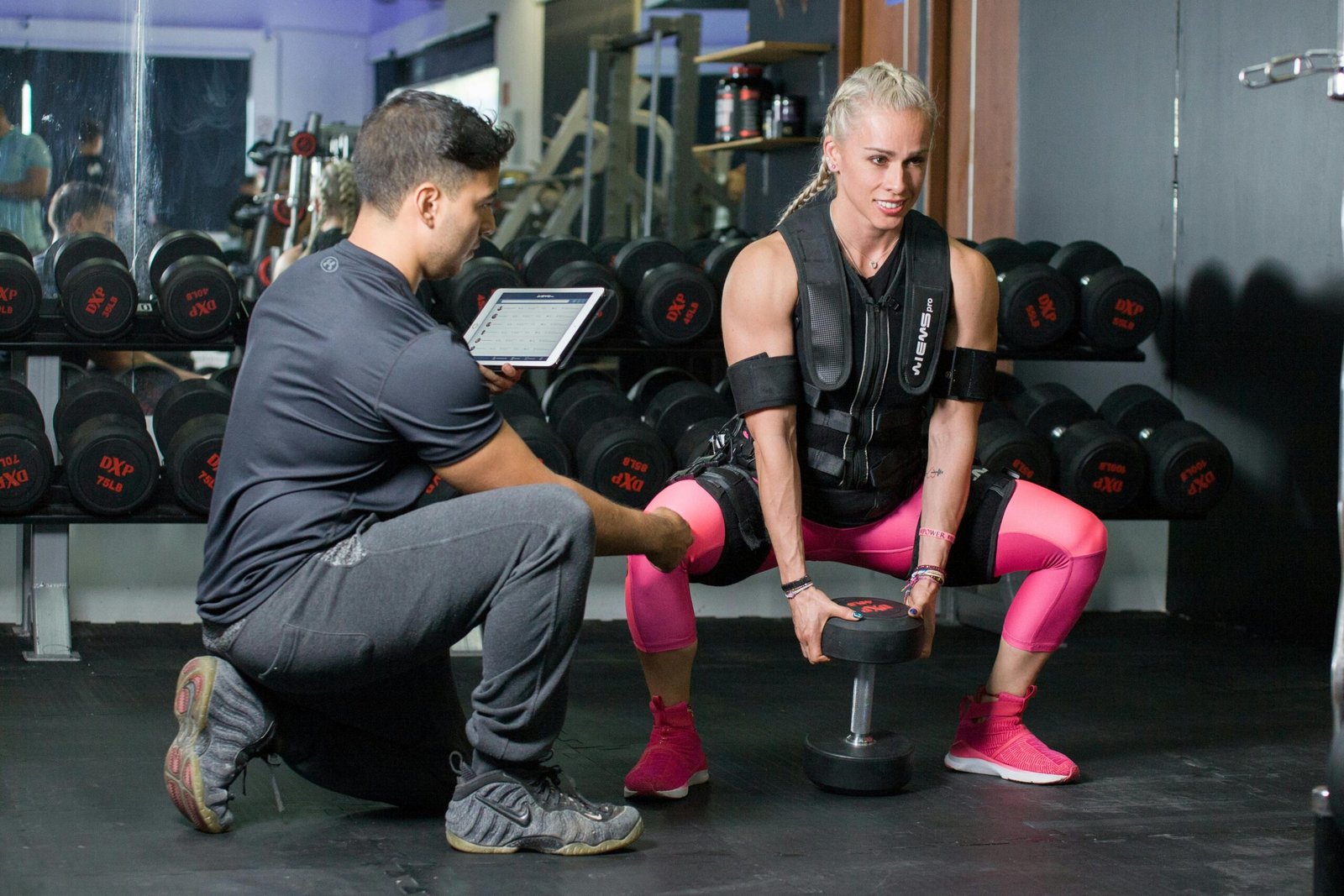Anxiety and depression can be debilitating. They can make it difficult to function daily at work, school, or home with your family. If you have an anxiety disorder or depression, consuming certain foods may worsen your symptoms. GDS Score can help you identify your risk for developing an anxiety disorder or depression. If you have a high GDS Score, it is important to take steps to reduce your stress level and improve your overall health. It is also important to avoid certain foods that may make your symptoms worse.
The following is a list of nine foods to avoid if you suffer from anxiety disorder or depression.
Coffee
Coffee is a drink that people around the world love. It can also cause anxiety and irritability in some people, especially if consumed excessively. One study found that drinking more than four cups of coffee per day increased the risk of depression by 65 percent compared to those who did not drink any coffee at all. If you suffer from an anxiety disorder or depression, limit your caffeinated beverages such as coffee and tea.
Instant Food
Instant food is one of the worst foods you can eat if you suffer from anxiety disorder or depression. It is also known as junk food, including chips, cookies, candy bars, and frozen meals made with preservatives and other chemicals. These foods are high in fat, sugar, and sodium (salt), which can trigger symptoms such as fatigue and irritability.
Soda
Soda is another junk food that should be avoided if you suffer from anxiety disorder or depression. It is high in sugar and caffeine, triggering symptoms such as fatigue and irritability.
White Flour
White flour is a type of refined wheat flour. It contains gluten protein, which is removed from whole wheat flour. Many people who suffer from an anxiety disorder or depression experience cravings for white bread and other refined wheat products because they are high in simple carbohydrates that raise blood sugar levels.
Processed Meats
Processed meats such as bacon, sausage, and hot dogs can also trigger anxiety disorder or depression. These types of meat are high in sodium, which makes them a poor choice for anyone suffering from these conditions.
Alcohol
Alcohol is a depressant that depresses the central nervous system and slows brain function. This can cause feelings of anxiety and depression in someone who suffers from these conditions. Alcohol also interferes with sleep, which can lead to feelings of fatigue and irritability.
Foods with Trans Fats
Trans fats are found in many processed foods, including fried foods. These fats can increase inflammation in the body and cause digestive issues that may trigger anxiety or depression. In addition, trans fats have been shown to lower good cholesterol levels and raise blood pressure, increasing your risk for these conditions.
Foods with High-fat Content
High-fat foods are very calorie dense and can cause anxiety or depression if you’re not careful. Foods high in fat include fried chicken, pizza, macaroni and cheese, and other processed foods. These foods also contain chemicals like MSG that may trigger symptoms of anxiety and depression. Processed meats are often linked to an increased risk for colorectal cancer and other health problems like heart disease.
Low-Carb, Low-Fat Diets
This type of diet may be beneficial for some people who have anxiety or depression. These diets are often called ketogenic and are based on the idea that you can “eat fat to lose fat” by eating foods high in saturated fat and limiting carbs. However, have this diet under the direction of a doctor because it can cause certain side effects like fatigue, bad breath, nausea, and constipation.
The Bottom Line
There is no magic food that will cure your anxiety or depression. However, reducing the sugar and processed foods in your diet can help you feel better by giving your body the nutrients it needs to function properly. If you are dealing with anxiety or depression, try making changes to see if they impact your feelings.












